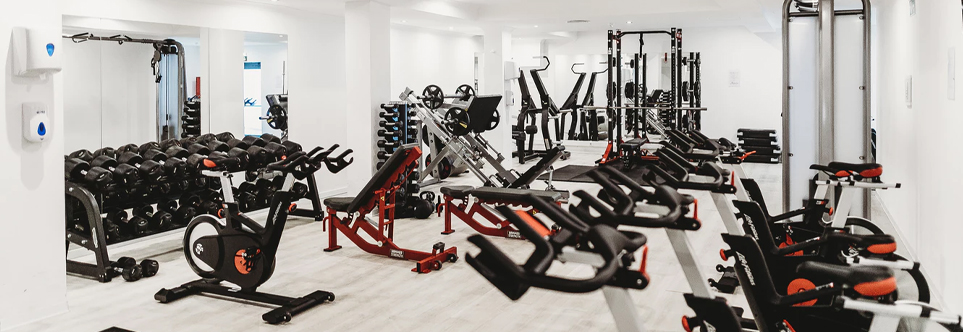
YOUR NEW FAVORITE WEIGHT LOSS TRICK: EAT MORE, NOT LESS
If you’re reading this post, I’m going to guess it means you’re trying—trying your best to lose weight and get into the best shape possible. Problem is, it’s just not working out for you, right? For some, not being able to lose weight means they’re not working out enough or they’re eating way too much junk food. But you’re different: You eat the right things, you work out every day, and you’re definitely not overeating. So what gives?
Get this: The key to losing weight is not to work out more, not to eat better and not to eat less. You need to eat more! Before you think I’ve lost my mind, let me explain some very basic science to prove it.
WHAT IS BASAL METABOLIC RATE?
Basal Metabolic Rate, or BMR, is the amount of energy a person expends at rest. Believe it or not, your body still burns calories even when you’re laying on the couch. Your body needs to expend energy so that the vital organs like your heart, lungs, nervous system, kidney and liver can function properly. So your BMR is the minimum number of calories your body needs in order to keep your vital organs functioning.
As lazy as you might be, we all burn more than our BMR each and every day. So what happens if we burn off more than what our body needs to function? Well, the human body is very resilient, and it knows how to survive. So if you’re not giving it enough calories, it will slow down in order for the vital organs to be able to function because that is your body’s priority. Think of this process as a backup generator that only works a few important lights and keeps the heating on—that’s it. This principle is important if your goal is to lose weight.
If you take in too few calories, your metabolic rate will decrease as your body tries to conserve energy. It conserves energy by holding onto the fat stores that it would normally burn off during exercise or day-to-day activities. In fact, there are studies that have shown that a diet of 800 calories or less can reduce your metabolic rate by more than 10 percent. This means an activity that might burn 500 calories in a normal individual might burn a lot less for you. These are those poor souls you see at the gym all the time. They were there 30 minutes before you came in, and they’ll be there for an hour after you leave, but they still look the same (or even worse). This is all because they don’t eat enough for their body to be able to function at an optimal level.
WHY DOES BMR MATTER?
Now that you know about basal metabolic rate and how it can impact your weight loss goals, ask yourself: Do I eat enough? This can feel like a scary question to ask because it goes against everything you’ve ever thought about weight loss. I’ve had dozens of clients look at me like I had two heads when I’ve told them they need to eat more. However, after trusting the science, they started eating more and seeing fantastic results.
The key is to find out the number of calories your body needs in order to lose or maintain weight and to use that number as a guide. Your calorie intake varies depending on your current weight, activity levels, age, sex, and several other important factors. To find out your BMR, go to my fitness pal’s site and use an easy calculator. Remember, this is the minimum number of calories your body should be taking in per day. Start tracking your daily calories using a journal or an online app like My Fitness Pal to see how you measure up.
Original article written by Brian Maher on Be Well Philly